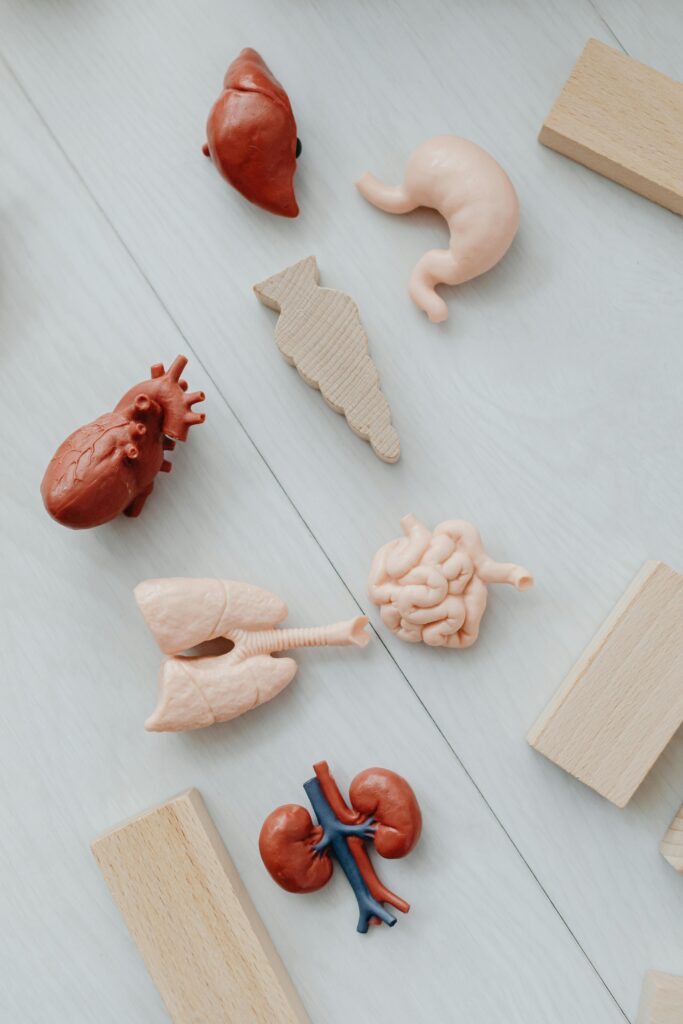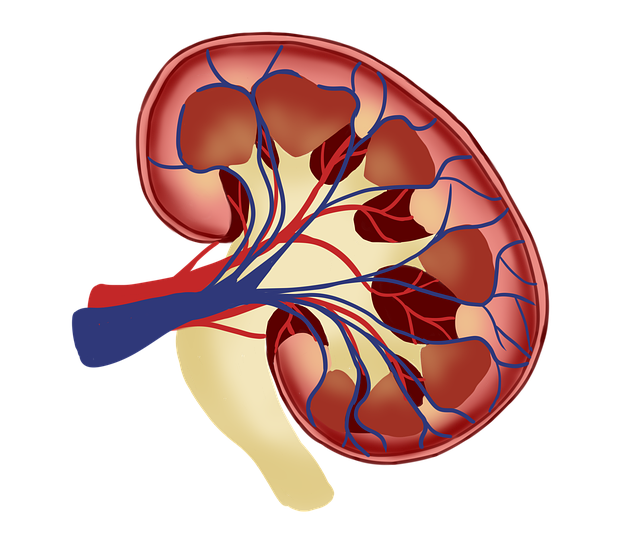Introduction
Polycystic Kidney Disease (PKD) is a genetic disorder characterized by the development of numerous cysts in the kidneys, which can lead to significant health complications. Understanding how to manage this condition effectively is crucial for maintaining kidney health and overall well-being. In this article, we will explore seven powerful strategies that can help individuals living with PKD lead healthier lives.

Table of Contents
What is Polycystic Kidney Disease?
Polycystic Kidney Disease is primarily classified into two types: Autosomal Dominant PKD (ADPKD) and Autosomal Recessive PKD (ARPKD). ADPKD is the more common form, often manifesting in adulthood and causing progressive kidney failure over time. In contrast, ARPKD typically appears in infancy or early childhood and can lead to more severe complications early on.
Causes and Risk Factors
Understanding the causes and risk factors associated with PKD is essential for effective management:
- Genetic Factors: PKD is inherited in an autosomal dominant manner, meaning that having one affected parent can lead to a 50% chance of inheriting the disorder. This makes family history a significant risk factor for developing PKD.
- Age: Symptoms of PKD often develop in adults aged 30-40, although the disease may progress silently for years before noticeable symptoms occur.
- Hypertension: High blood pressure is not only a symptom but also a contributor to the progression of kidney damage in PKD patients. Managing blood pressure is crucial for kidney health.
Symptoms of Polycystic Kidney Disease
Early diagnosis of PKD is essential for managing its symptoms, which may include:
- High Blood Pressure: Often the first noticeable sign of kidney issues.
- Abdominal Pain: Discomfort caused by enlarged kidneys or cysts can lead to chronic pain.
- Frequent Urination: Increased urination, especially at night, can indicate declining kidney function.
- Kidney Stones: PKD patients may also experience kidney stones, which can cause severe pain and complications.
Diagnosis and Treatment
Diagnosing PKD typically involves imaging tests like ultrasound or CT scans. While there is currently no cure for PKD, several management strategies can help maintain kidney function and improve quality of life:
1. Lifestyle Changes
Making healthy lifestyle choices can significantly impact the progression of PKD:
- Dietary Adjustments: Adopting a low-sodium, low-protein diet can alleviate kidney stress and help manage blood pressure. Incorporating fresh fruits and vegetables while avoiding processed foods can also be beneficial.
- Hydration: Staying well-hydrated is vital for kidney health. Drinking plenty of water can help flush out toxins and reduce the risk of kidney stones.
2. Medications
Consulting with healthcare professionals about medications is essential:
- Blood Pressure Control: Medications such as ACE inhibitors and angiotensin receptor blockers can help manage hypertension and protect kidney function.
- Pain Management: Over-the-counter pain relievers may be used for discomfort, but it’s important to consult a doctor to avoid medications that can further harm the kidneys.
3. Regular Monitoring
Consistent monitoring of kidney function is crucial:
- Kidney Function Tests: Regular blood and urine tests help track kidney health and detect any changes early, allowing for timely intervention.
4. Exercise
Incorporating physical activity into daily life can have significant benefits:
- Regular Activity: Engaging in moderate exercise, such as walking, swimming, or cycling, can improve overall health, manage weight, and help control blood pressure.
5. Avoiding Harmful Substances
Steering clear of substances that can exacerbate kidney issues is important:
- Tobacco and Alcohol: Avoiding tobacco products and limiting alcohol consumption can help protect kidney function and overall health.
6. Support Systems
Emotional and social support can enhance quality of life:
- Counseling and Support Groups: Connecting with others who have PKD can provide valuable emotional support and practical advice, helping patients feel less isolated.
7. Planning for the Future
Discussing future care options is vital for long-term health:
- Kidney Transplant Consideration: In severe cases, discussing transplant options with healthcare providers may be necessary. Being proactive about potential future needs can improve outcomes.

Conclusion
Managing Polycystic Kidney Disease involves a comprehensive approach, including lifestyle changes, medication, and regular monitoring. By adopting these seven powerful strategies, individuals with PKD can enhance their kidney health and improve their quality of life. If you need more information or help with your health journey, feel free to contact us at Health Authentica.










